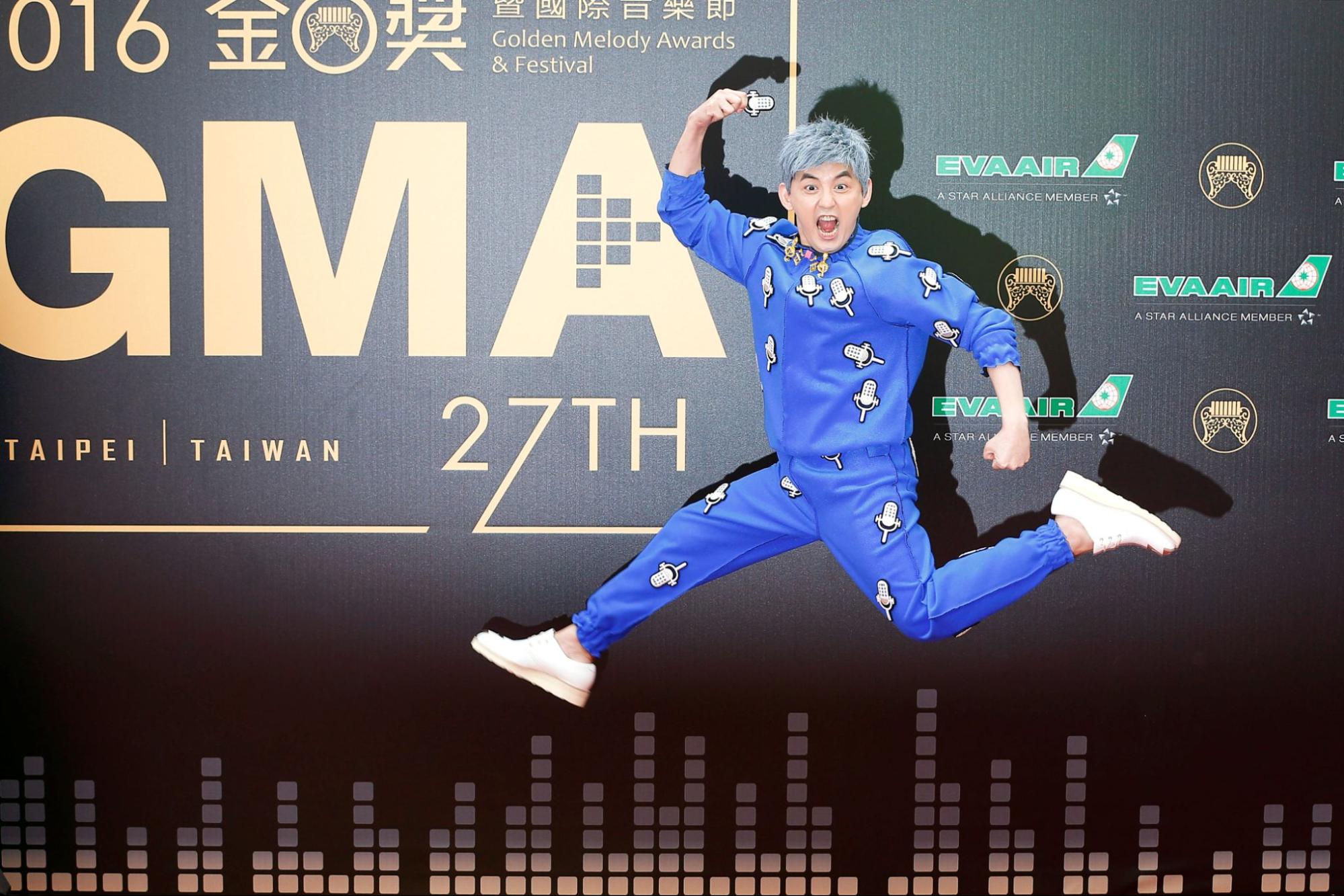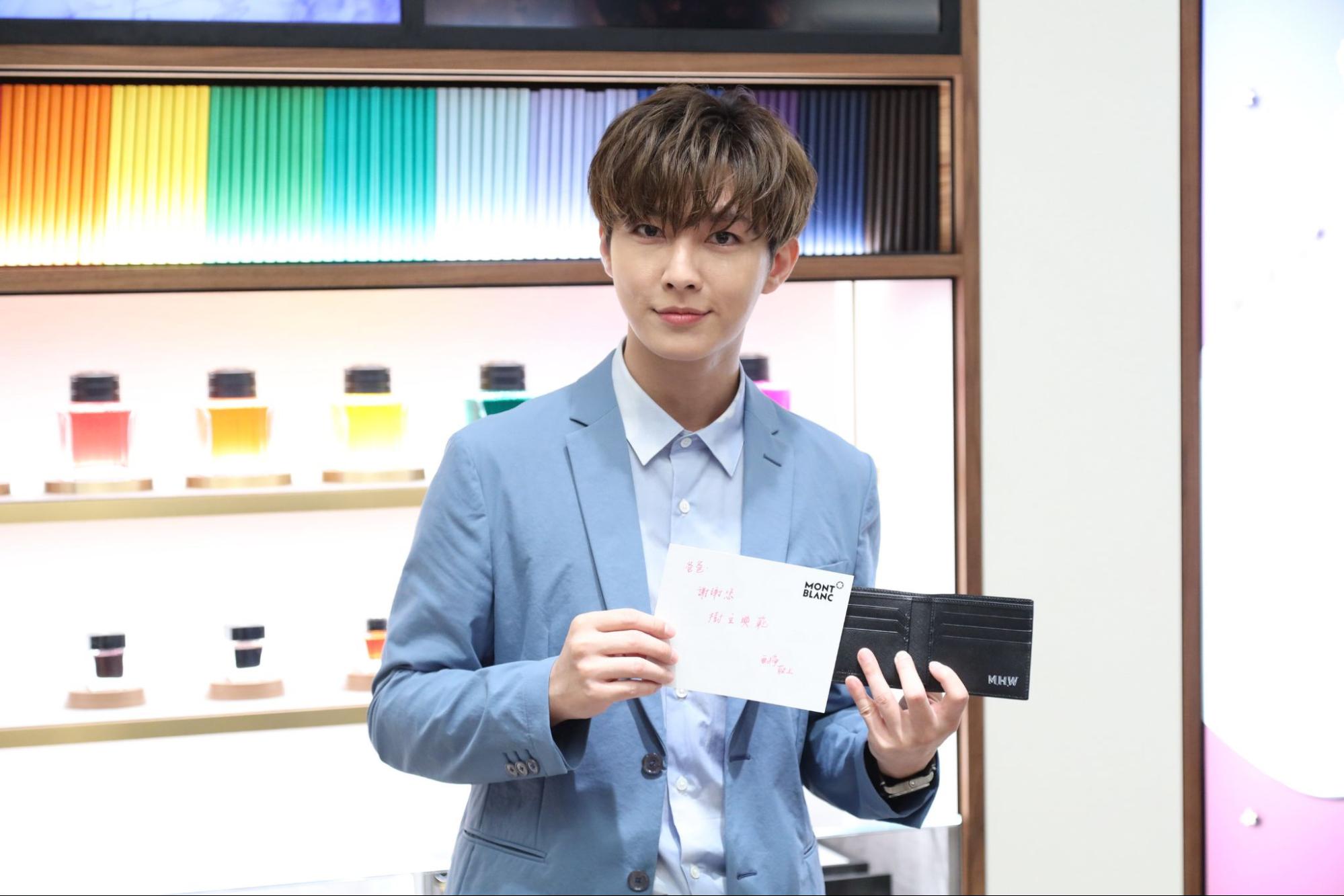#MeToo hits Taiwan’s entertainment industry
#MeToo's arrival in Taiwan has been a long time coming.

Taiwan’s burgeoning #MeToo movement, which has rocked its political sphere and taken hold of public discourse in the past month, has now arrived at the entertainment industry, where several prominent figures have recently fallen from grace in the face of sexual harassment and assault allegations.
In what has become perhaps the biggest #MeToo scandal to hit Taiwan’s TV sector, veteran host and comedian Mickey Huang (黄子佼 Huáng Zǐjiǎo) came under fire this week after a social media influencer who referred to herself as Zofia took to Facebook to recount an incident that occurred nearly 10 years ago.
China news, weekly.
Sign up for The China Project’s weekly newsletter, our free roundup of the most important China stories.
In a post on June 19, Zofia claimed that when she was 17 and just beginning her career as a singer-songwriter, a well-known celebrity pursued her and sexually assaulted her on multiple occasions, including forcefully kissing her in his car and coercing her into letting him take intimate photographs when they met at a hotel.
Although the accuser didn’t disclose the perpetrator by name, the Taiwanese public was quick to piece together clues and identify Huang as the suspect. As speculation ran rampant, the 51-year-old entertainer responded to the rumors only a few hours after the allegations emerged, admitting in a series of now-deleted videos posted on his Facebook page that he was the man in question.
“I’ve been constantly thinking about how I should face all this,” he said in a clip. “First of all, I must definitely apologize. I’m really sorry to have let down so many people and [ruined] the trust and expectations they had of me.”
While Huang insisted that he “had been working hard to change” himself after getting married, his apology stopped short of fully taking responsibility for any wrongdoing. At one point, Huang explained how his mother’s extramarital affair impacted him when he was young, suggesting that his problematic behavior around women was the legacy of childhood trauma.
Huang also devoted a sizable portion of the time calling on the public to make room for second chances in the #MeToo era, arguing that it’s “unfair” to permanently ostracize men accused of sexual misconduct when celebrities who engage in other forms of questionable behavior still enjoy support and adulation. Huang accused Barbie Hsu (徐熙媛 Xú Xīyuàn) and Dee Hsu (徐熙娣 Xú Xīdì) — renowned celebrity sisters on Taiwanese television — of using drugs and pressuring him into joining them. More than a dozen Taiwanese celebrities were mentioned in the video and accused of wrongdoings of varying degrees.
Within hours of the videos being posted, Huang reportedly slashed his wrists and was taken to the hospital. He’s now in stable condition, resting at home while taking a break from social media.
On the same day that Zofia came forward, former model Amber Chang claimed on Facebook that she was sexually assaulted by a male celebrity who appeared as a guest on a variety show she was in about a decade ago. Chang didn’t mention the offender’s name, but left enough hints that people could identify Chen Hsuan-yu (陳宣裕 Chén Xuānyù), a 52-year-old TV personality better known by his stage name, “NONO,” as the perpetrator. Chen initially denied Chang’s claims, but after more than 20 other women called him out for sexual misconduct, Chen announced on Wednesday that he would leave the industry temporarily to reflect on past mistakes.
Other famous Taiwanese celebrities who have been exposed in this wave of #MeToo revelations include 41-year-old actor Wang You-sheng (王宥勝 Wáng Yòushèng), who issued a lengthy apology over the weekend after a staff member accused him of groping, and award-winning TV presenter Jeffery Hsu (許傑輝 Xǔ Jiéhuī), who decided to leave showbiz for good after facing a series of sexual harassment claims.

Not all alleged victims are women. On Tuesday, a social media influencer named Yào Lè 耀乐 went public with allegations that Aaron Yan (炎亚纶 Yán Yàlún), a 37-year-old male actor and singer, dated him when he was 15 and filmed sex videos without his consent. According to the accuser, after they broke up in 2018, a sex tape of him with Yan was leaked, which forced him to drop out of high school and caused him a great deal of emotional distress.
Yan first addressed the accusations on social media, thanking his ex-lover for speaking out and giving him the opportunity to “face the ticking time bomb” that he has been concerned about. Later, on Wednesday, the celebrity made an unannounced appearance at Yao’s press conference, where he made a tearful apology in front of the reporters in attendance.
For Taiwan, which is widely regarded as one of Asia’s most progressive and liberal places, the arrival of a full-fledged #MeToo reckoning has been a long time in the making. While it’s been five years since #MeToo exploded into a global phenomenon, the movement never gained significant momentum in Taiwan until late April, when Wave Makers, a Taiwanese political drama series, premiered on Netflix and became a instant hit.
Set in the run-up to a Taiwanese election, the show follows the fictitious lives of a team of campaign staffers and contains a pivotal scene where the protagonist, a senior member of the Democratic Progressive Party, promises to seek justice for a junior staffer who had been sexually assaulted by a colleague. “Let’s not just let this go,” she tells her junior, despite higher-ups inside the party pushing for a cover-up of the incident.
That line has since become a rallying cry for a cascade of sexual harassment and assault allegations that first reached the island’s political scene. It began with a former staffer of Taiwan’s ruling Democratic Progressive Party (DPP), who wrote in a Facebook post on May 31 that she was sexually harassed at a work event and was told to be silent when she reported the incident to her supervisor. Since then, more than a dozen allegations have been made against political figures in Taiwan, forcing at least four DPP officials to resign and prompting President Tsai Ing-wen (蔡英文 Cài Yīngwén) to apologize twice to the public.






